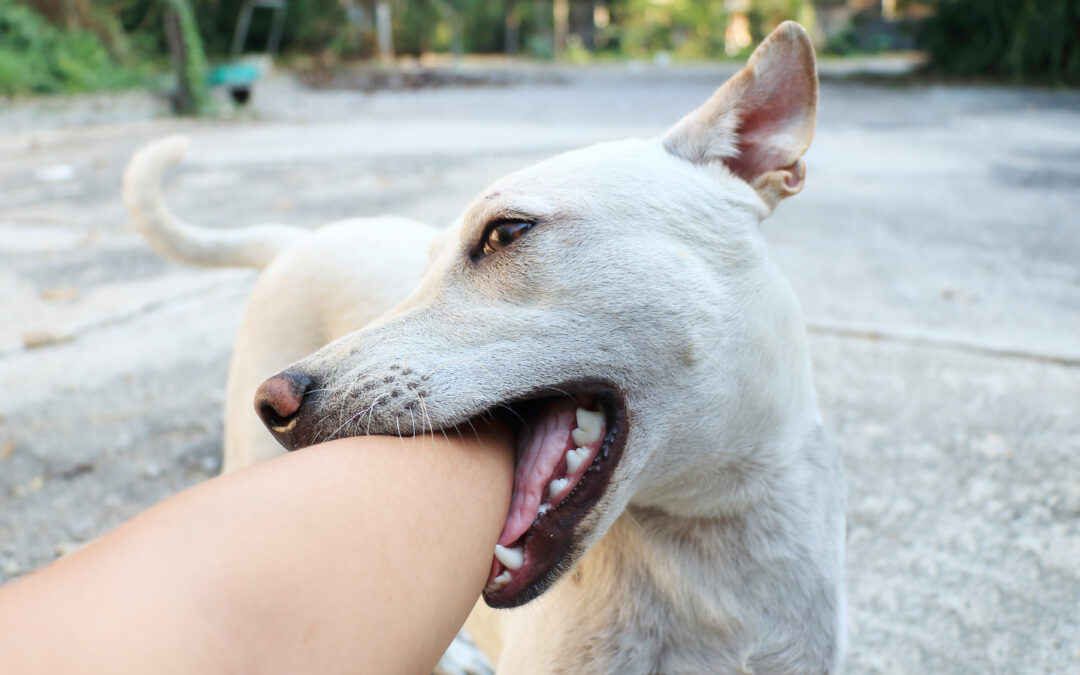As much fun as winters can be for your dogs, they pose their threats. Many dog owners forget their dogs need the same level of care in the winter season as they would in warmer seasons, and if you don’t take proper care of your dog, it can cause major health issues for them. In this blog, you’ll get all the information you need to tackle the winter season and keep your dog smiling and healthy.
Look Out for Hypothermia
Unlike humans, dogs can’t communicate when they’re feeling unwell, which makes it important to stay vigilant, especially during winter. One serious concern in cold weather is hypothermia, a condition where the body temperature drops below 95°F, becoming a medical emergency.
Symptoms to watch for include shivering, lethargy, and a stiff gait. If your dog has been outside for an extended period, be sure to bring them inside and cover them with warm blankets. Always observe their behavior closely, and if you suspect they’re too cold, seek veterinary attention immediately. Winter weather can be harsh on pets, so keeping them safe and comfortable is crucial.
Be Aware of Your Dog’s Cold Tolerance
Every dog breed is built differently and has a different tolerance to cold. Dogs with thick skin, like Huskies or Saint Bernards, are more suited for cold weather because their coat allows them to fight the heavy winter weather. But dog breeds with no hair or short hairs, like Chihuahuas or Dobermans, will not be able to handle the heavy cold winds.
Keep Your Dog Warm in Clothing When Temperatures Drop
When temperatures plummet, don’t hesitate to dress your dog in a cozy coat or sweater. Look for waterproof clothing to keep them dry during wet, snowy days. Small dogs or those with thin fur will benefit most from a little extra warmth.
Don’t Let Your Dog Slack the Whole Day—Keep Them Active
Even though the weather is cold, your dog still needs to stay active. Cold days can make dogs sluggish and affect their hearts, so staying active is important for their health. If possible, getting them to exercise every day or taking frequent walks can also help. Get them moving to burn off energy and keep their muscles limber, but be mindful of the temperature and adjust walks if it’s too cold.
Treat Your Dog for Parasites, Even in Winter
Parasites like fleas and ticks can still be active in the winter months, even though they’re often less noticeable. Treat your dog for these parasites regularly to prevent any unwanted infestations.
Protect Your Dog’s Paws
Salt, ice, and other harsh chemicals used to treat snow on roads and sidewalks can be harmful to your dog’s paws. Keep their paws clean after walks, and consider using dog boots or paw balm to prevent cracking and irritation.
Never Let Your Dog Have Anti-Freeze
Anti-freeze may seem like an innocent liquid, but it’s toxic to dogs and can be fatal if ingested. Always store antifreeze out of reach, and be extra cautious during winter walks near driveways or garages.
Choose Canine College For Your Dogs Winter Needs
With a little extra care, your dog can enjoy winter just as much as you do. Keep them warm, active, and protected, and they’ll be ready to face the season’s challenges with you by their side. Stay safe together! At Canine College, we offer helpful resources to keep your dog happy and healthy year-round. We also provide dog registration services and can help you find the right breed for your lifestyle. Contact us at 781-767-3908 for more information!


